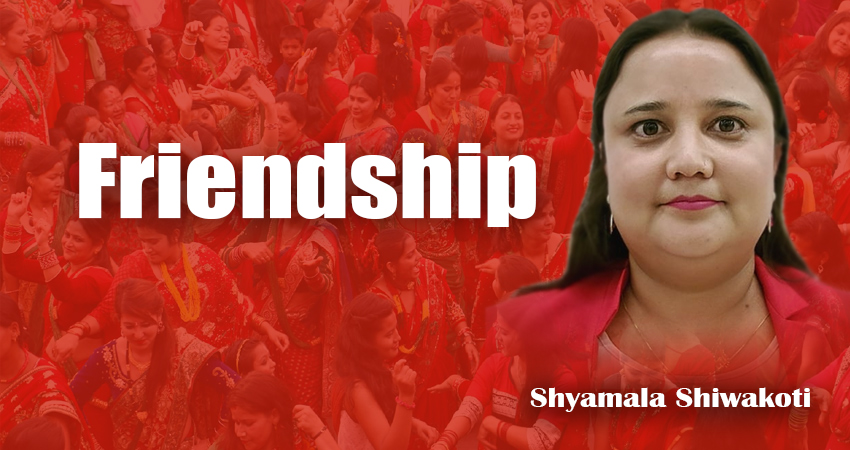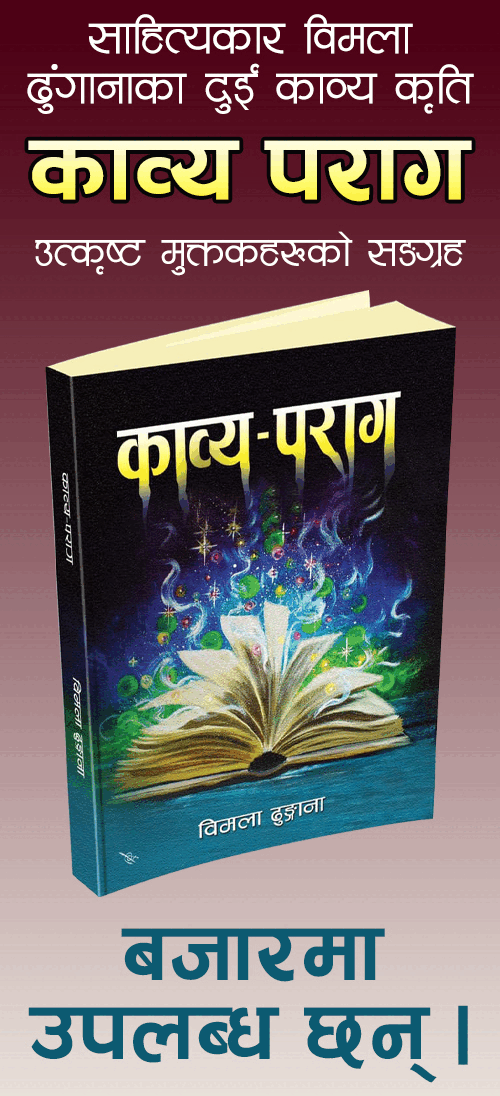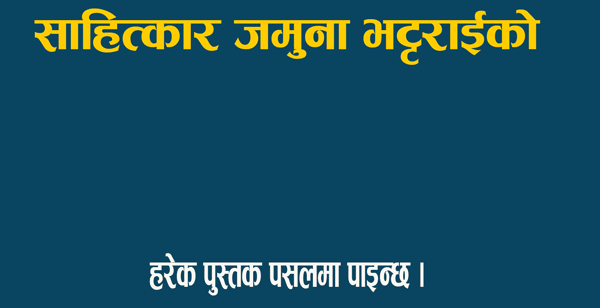Friendship

Friendship

For the past week, I’ve been thinking about what to write. Today, I asked a friend for suggestions, and while I had some significant topics in mind—given the recent unfortunate events in our society—she suggested I write about friendship and relationships, especially since we recently celebrated Teej.
Teej has faced some criticism lately. People say it has become more about flaunting jewelry and outfits and that we celebrate it for too long. I attended a few Teej events last month, and while there was singing and dancing, for me, the highlight was always the conversations with friends. We don’t talk about world problems or try to solve them. Instead, we share small things that bother or bring us joy.
At these events, we also meet older generations of women who sing folk songs passed down for centuries. I never really paid attention to the lyrics until this year, when my mom and cousin sang and danced to them. These songs are cathartic, expressing the challenges of navigating relationships and life. In the past, there was no concept of therapy, so people found relief through these songs. Hearing them now, I felt a deep emotional connection, probably because I can finally relate to those struggles. When I was younger, I dismissed these songs as outdated, but now they resonate with me deeply.
I recently came across a Harvard study, one of the world’s longest studies on adult life, spanning almost 80 years. The study revealed that close relationships, more than money or fame, are what keep people happy throughout their lives. There’s a TED Talk by the study’s director, Robert Waldinger, that has millions of views. He explains, “When we gathered together everything we knew about them at age 50, it wasn’t their middle-age cholesterol levels that predicted how they would grow old. It was how satisfied they were in their relationships. The people most satisfied in their relationships at 50 were the healthiest at 80.” Reading about this, I realized why our traditions and festivals, rooted in human connection, never go out of fashion.
When you think about friendship, you realize there are different types of friends you meet throughout life. One of the biggest misconceptions is that women are each other’s harshest critics. In my life, women have been my greatest supporters, starting with my mother, who shaped who I am today, and my grandmother, whose wisdom I wish I had more of. My college friends from nursing school are still my biggest supporters and advisers, even though we live worlds apart and are in different phases of life. Whenever I need advice, I just send a message, and they are always there for me. Recently, one friend was accepted into a PhD program, and another received a promotion in the Nepalese government. We celebrate each other’s achievements, even from afar.
Support also comes from coworkers, and I’m fortunate to have them in my life. Some of them are like walking encyclopedias, with years of experience in their fields. I learn so much just by observing and listening to them.
Then, there are friends who come into your life through your spouse or family. Over time, they become some of your closest companions. These friends inspire you, share your struggles, and bring laughter into your life. As first-generation immigrants, we bond over shared experiences like learning a second language, navigating daily tasks, dealing with immigration paperwork, and finding our first jobs or apartments. The challenges we faced together created a bond that feels as strong as an ionic bond. When we meet now, we reminisce about those times with fondness.
Some family members also become your closest friends as you grow older. You realize that no one loves you unconditionally like your parents. Sometimes, you find non-blood-related family members who share your values and ideals, and you feel closer to them than to your blood relatives. You may even become friends with people much younger than you, who tease you about not knowing the latest slang or technology, but you bond over shared values.
Lastly, in romantic relationships, we know that there is no romance without friendship. Romance may ebb and flow, like a tributary, depending on circumstances, but friendship is like an ocean—it must be constant for a relationship to thrive.





